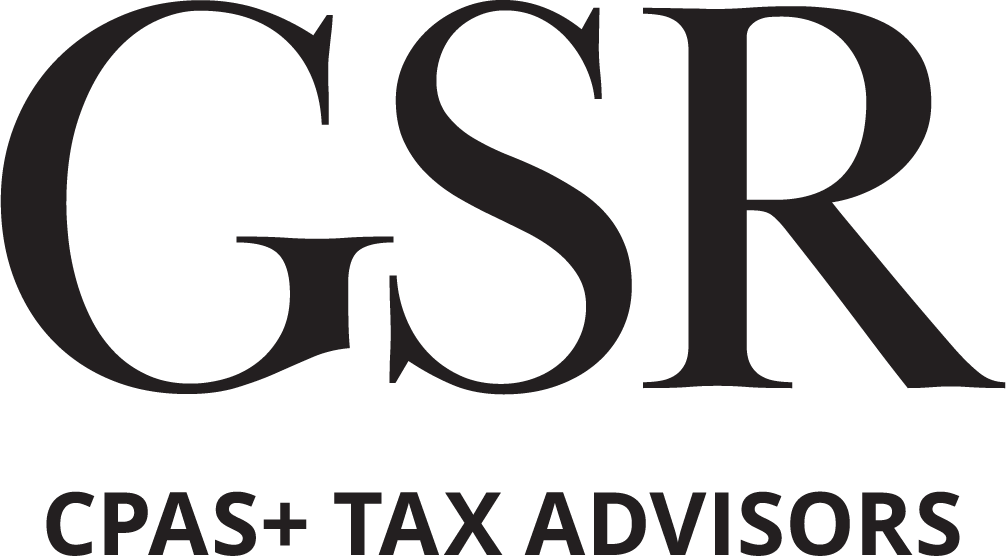
Tax Audit
Being audited by the IRS may sound terrifying. However, a tax audit doesn’t automatically mean that you are in trouble, unless you are consciously committing tax fraud or tax evasion. Golub, Senitt, Rosenberg & Co. provides tax audit services to help you avoid being audited in the first place, know what to do if you are audited, and what you can do going forward in order to prevent future audits.
About Tax Audits
Tax audits are examinations of tax returns in order to verify that all of the information was reported correctly and that tax laws are being followed by individuals and businesses alike. They can range from a simple request for more information or documentation to a full-fledged, extensive investigation into an individual or a business’s records. You may undergo a tax audit by the IRS, by state departments of taxation, government agencies, and payroll tax departments.
If you are being audited, this does not automatically mean something is wrong. Tax audits more often consist of specific questions in order to ensure that you accurately reported and paid your taxes. If you have unusual items or amounts on your return or you are a high-income individual, an audit may be more time-consuming. Selection for tax audits can also be random.
What Should You Do If You’re Audited?
A letter from the IRS is one of the most stressful letters you can receive. If you need help with tax matters of any kind, we are here to help, but for now, we’re glad to provide some basic information that you can use the minute you get that letter.
The Do’s And Don’ts Of Being Audited
Don’t Ignore It
Most IRS letters and notices are about federal tax returns or tax accounts. Each notice deals with a specific issue and includes specific instructions on what to do.
Don’t Panic
The IRS and its authorized private collection agencies do send letters by mail. Most of the time, all the taxpayer needs to do is read the letter carefully and take the appropriate action.
Do Take Timely Action
A notice may reference changes to your account, taxes owed, a payment request, or a specific issue on a tax return. Taking timely action could minimize additional interest and penalty charges.
Do Review The Information
If a letter is about a changed or corrected tax return, review the information and compare it with the original return. If you agree, make notes about the corrections on your personal copy of your tax return, and keep it for your records.
Don’t Reply Unless Instructed
There is usually no need for you to reply to a notice unless specifically instructed to do so. On the other hand, taxpayers who owe should reply with a payment. IRS.gov has information about payment options.
Do Respond To A Disputed Notice
If you don’t agree with the IRS, mail a letter explaining why you dispute the notice to the address on the contact stub at the bottom of the notice. Include information and documents for the IRS to review when considering the dispute. Allow at least 30 days for the IRS to respond.
Do Avoid Scams
The IRS will never initiate contact using social media or text messages. The first contact from the IRS usually comes in the mail. Taxpayers who are unsure if they owe money to the IRS can view their tax account information on IRS.gov.
Reducing Your Chances Of Being Audited
In order to reduce your chances of being audited, it’s important to understand the reasons why you may receive a tax audit. Reasons why you may receive a tax audit include:
- Incomplete/inaccurate income reporting
- Discrepancies or mistakes on filed forms
- Unusual business expenses
- Having money in a foreign bank account
- Having a cash-focused/cash-based business
- Being a high earner ($500,000+ per year)
- Being self-employed (as income is less stable/harder to track)
- Having a sharp drop in income from one year to the next.
- Very large charitable donations.
You can reduce your chances of being audited by ensuring that everything you put on your tax form is accurate, complete, and up-to-date. The best way to do this is to keep thorough records. A bookkeeper can help you with this, as can working with a CPA throughout the year to ensure your finances are in order and address any tax risks.
Some people may avoid taking the tax deductions and credits available to them for fear of increasing their chance of being audited. You can ease your mind and ensure that you’re only taking the deductions and credits that apply to you by working with a CPA to plan for and prepare your taxes.
Professional Assistance With Tax Audits
Are you being audited by the IRS? Golub, Senitt, Rosenberg & Co. is here to help. If you’re being audited for more than a simple request for information/documentation, it’s crucial that you seek professional assistance from a certified tax professional. We will represent you and help you understand what issues, if any, need to be addressed in order to formulate a strategy.
With our in-depth knowledge of tax laws, we’re prepared to help you throughout the entire course of your audit until it’s resolved. Upon resolution, we can provide you with other services, such as tax risk management, in order to reduce your chances of being audited again in the future.
Contact our Glendale, CA office today to learn more about our accounting services and what we can do to assist you with your finances.
